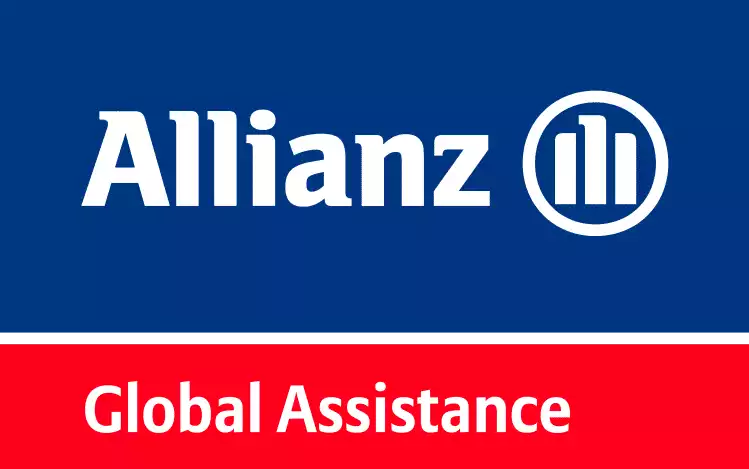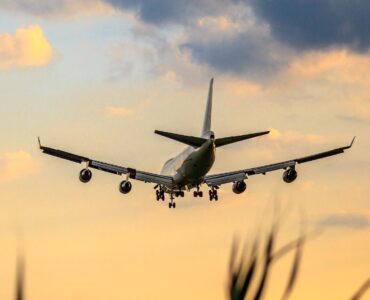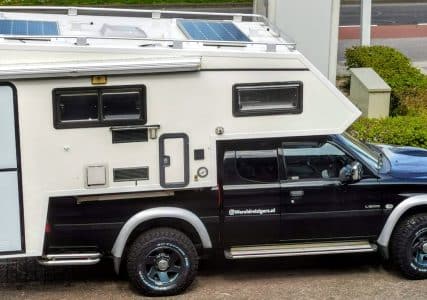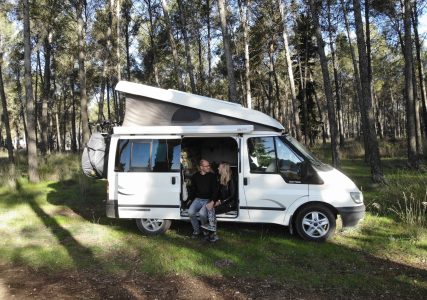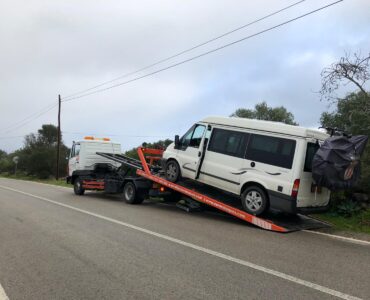Whether you are going to make a long trip or stay close to home and whether you plan to do so for a short or long period of time, some preparation is always necessary. Forget about your packing list, without the following items you are not ready for departure. In this article we mention the five most important things to prepare for your trip.
1. Travel Insurance
Unexpected things are never fun to take into account, but they are still necessary. You can lose your luggage, incur medical expenses abroad, items can be broken or stolen and much more. It is a nice idea that you can rely on travel insurance in the event of such events. An accident is in a small corner…
Whether you're looking for short-term or long-term travel insurance, Allianz is the best choice for those who travel regularly. The coverage for luggage, gadgets and medical expenses abroad is generally higher with Allianz than with comparable insurers.
The travel insurance can also be expanded with cancellation insurance.
How do you choose which cover?
It is important to consider what you want to insure and what the value is. For example, think carefully about insuring your electronics. With expensive telephones, cameras, laptops and drones, the value often does not correspond to the standard amount that you will receive, should something unexpected happen. You will have to increase the insurance amount and will therefore also pay more premium.
This also applies to all other matters. It's up to you to make a decision. The higher the premium, the more risks are covered. While it may seem attractive to pay a small premium, it can cost you dearly in the event of an accident. Think about what risk you want to bear yourself.
2. Cancellation insurance
Although travel and cancellation insurance are often mentioned in the same breath, they are different from each other. Cancellation insurance is available if you unexpectedly have to cancel or interrupt your trip. For example, if a family member dies or you break your leg just before departure.
How do you choose which cover?
Again, pay attention to the insured amounts and the various conditions that apply. You cannot know in advance what may happen, but you can think about the risks that apply specifically to you. Examples to ask yourself are: Do your parents have a fragile health or do you perform an extreme sport? In short, what are the risks that prevent you from going on a trip or continuing it?
In recent years we have seen that many trips were canceled due to Covid-19. It is important to check with your cancellation insurance whether it also has so-called Covid coverage.
3. Bank cards and payment
Use bank card abroad
In much of Europe we have the convenience of the Euro. This currency is used in most EU countries and paying with cash is no different than at home. However, you will have to make some preparations for paying with a debit card, whether you are traveling in Europe or beyond.
You will have to indicate to your bank that your debit or credit card will be used abroad, otherwise it will not work. You can often easily arrange this via the app of your bank or internet banking. At some banks it is possible to pay by debit card in the Benelux. With almost all banks, debit card payment outside Europe is not just possible. Banks block this to prevent fraud. It is therefore important to check in advance!
means of payment abroad
It is also good to investigate whether it is possible to pay with your bank card. In some countries it is customary to pay with a credit card, not a debit card. It is then necessary to purchase a credit card in advance. Do this on time, because it can take some time before you receive the credit card at home.
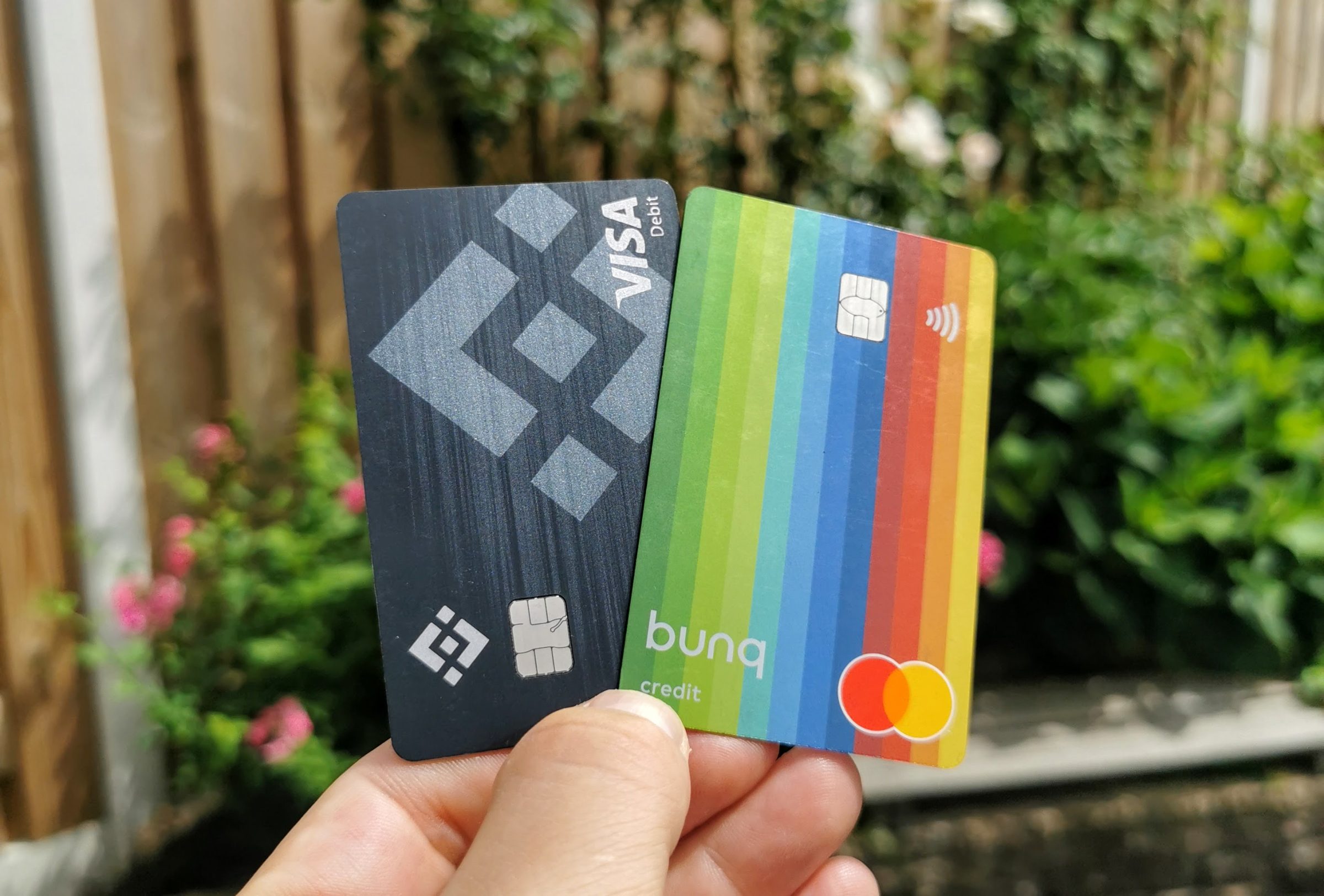
Also read: Which (prepaid) credit card is best to travel with? And why?
Cash
Debit card abroad
Even if you have arranged your affairs well around your bank cards, it is wise to arrange cash. This can be done by pin immediately upon arrival. You will always have to pay transaction costs. You will be asked to agree to this via the screen. These costs are often between three and ten euros at a time.
You will often also be presented with a conversion proposal via the screen. The choice you are actually presented with is; do you want your bank to do the conversion or the bank/company where you withdraw the money? In most cases, it is most advantageous for you to refuse the proposal and let your bank do it. It can easily save you ten to fifteen euros per debit card transaction!
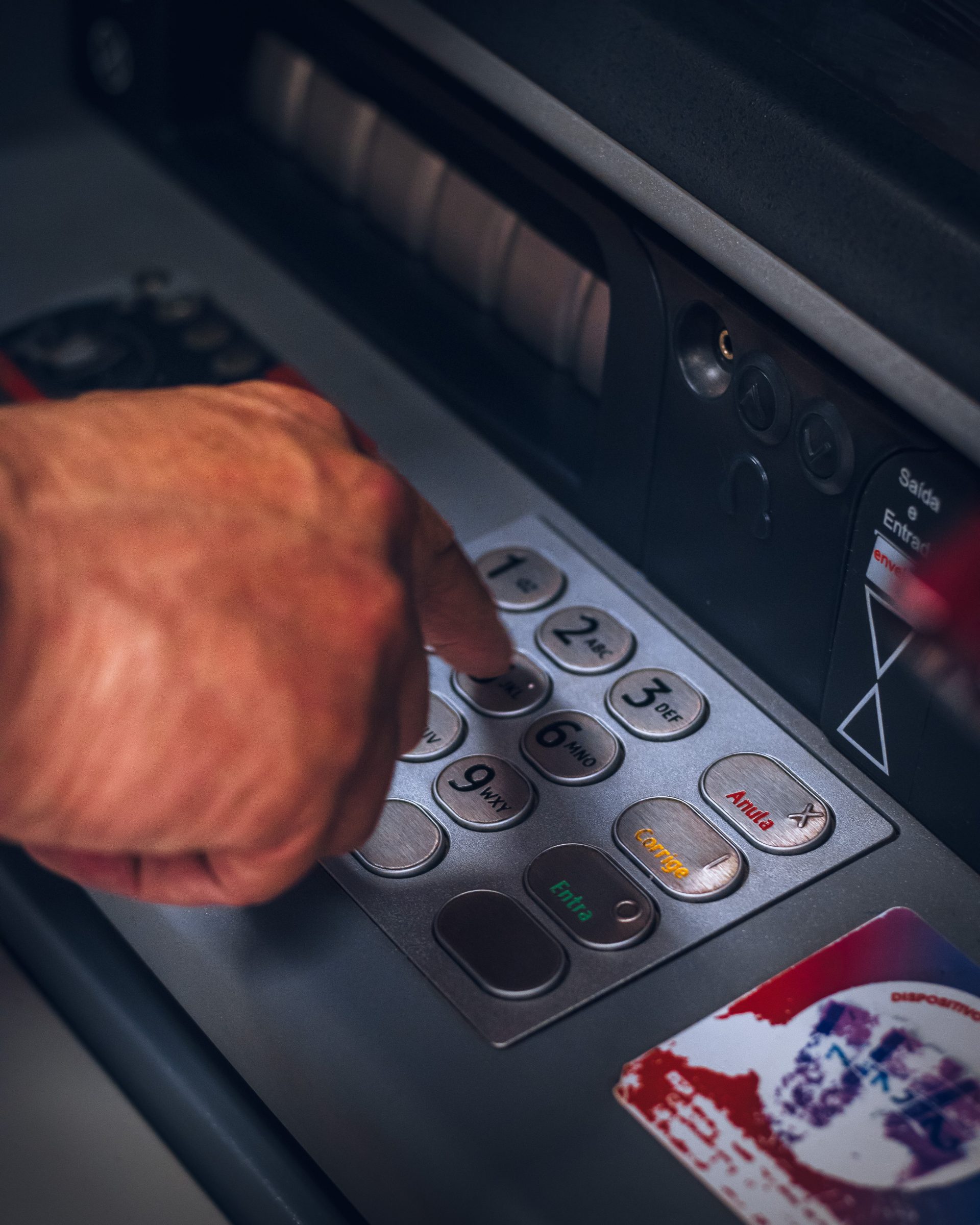
Currency exchange office
Another possibility is to already have it in the Netherlands, with the help of a currency exchange office. You can order and collect cash in advance via the internet. They have a lot of different types of currencies available. You can even plan it so that you can collect the cash at the airport.
4. ID, Passport, Driver's License and Visa
Validity
First of all, check whether your identity card, passport and driving license are still valid. This is indicated on your document. For many destinations it is even necessary that these documents are still valid for at least six (or more) months at the time of departure. If you travel outside the EU, an identity card is not sufficient. You will then have to apply for a passport. It depends on your municipality what a passport application costs and how long it takes. It is therefore important to check in time.
Visa application
In almost all of Europe, a visa application is not necessary. Outside of that, yes. Investigate whether it is necessary for your destination and how you can arrange this. How to apply is highly dependent on the country you are traveling to. Sometimes it is necessary to make an appointment at an embassy of the relevant country and/or to send or leave your passport. It is also better to arrange this too early than too late! Without a visa you will be refused entry to the country.
5. Travel budget
Finally, it is good to think about the costs that you will incur. Everything abroad can be different. For example, a carton of milk can cost you twice as much as at home. Some people book an all-inclusive trip, after which the other costs will be less than that. Others go on the bonnevoy and will have to arrange and pay for everything from accommodation and transport to food.
Costs
For everything in between and the last category, it is important to research what the prices are in the country you are going to visit. What does accommodation cost? How expensive are groceries or eating out? How much does public transport or a rental car cost? And if you are going to drive; how much does petrol or diesel cost?

Establish a budget
With this information you can estimate what your trip will cost. Is your budget lower than expected costs? Then you will have to increase the budget or make other choices. Are you going to stay in a hotel or a hostel? Do you eat out every day or do you have the option to cook your own food? Try to set a budget per day and night. Take this estimate broadly, because it would be a shame if you don't come true.



